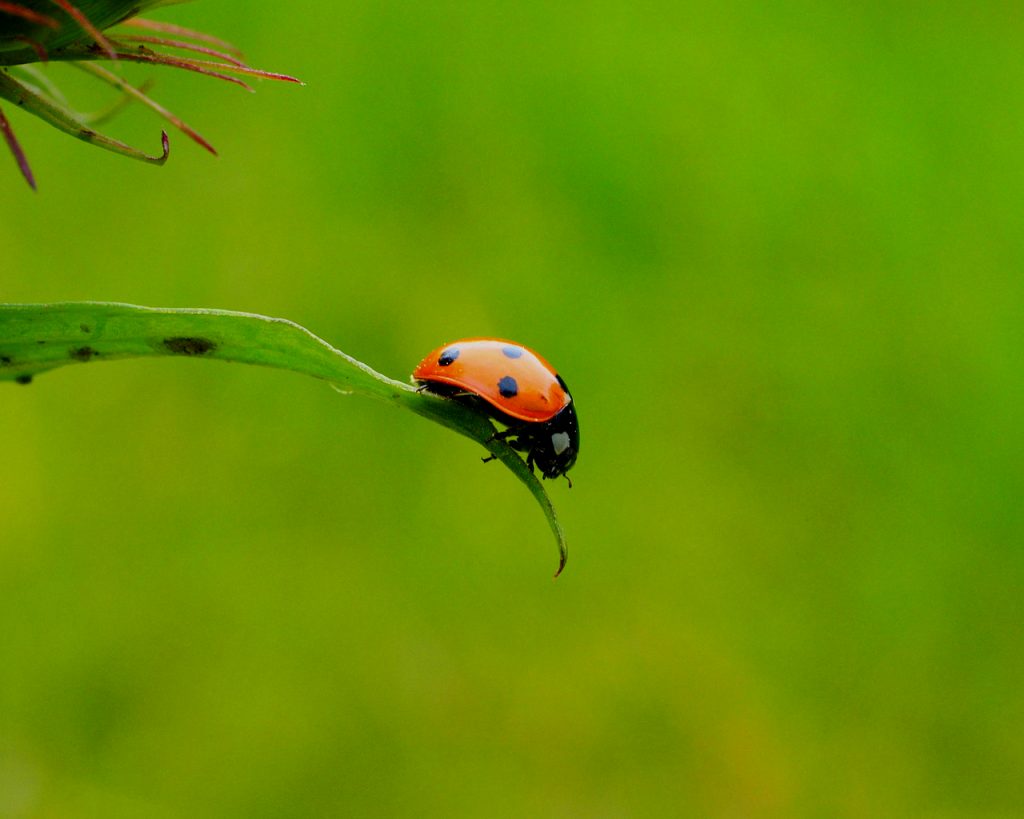
Biological control and IPM
Biological control is the use of natural enemies, such as herbivores, predators, parasites and pathogens, to reduce pest populations to a economical level. Implemented as part of our successful Integrated Pest Management (IPM) programs, our biological control techniques are safe, effective and proven methods of protecting your crops, while reducing pesticide use.
Biological pesticides within agriculture
Biological pesticides (biopesticides) can protect your crops, mitigate risks and drive down production costs. Biopesticide use forms an integral part of IPM. Organic farming benefits greatly from the implementation of biopesticides, where chemical pesticides are prohibited.
FarmForest Research has been active in the research, discovery and development of biological control solutions for agricultural pest problems all over the world, including many developing countries.
Biological weed control
When weeds damage crops or invade sensitive ecosystems, biological control is an excellent, sustainable method of managing the problem without contaminating soil, the food chain or our environment with chemical residues. We can screen potential biological control agents for efficacy against various weed species. Biological control rarely eliminates a target species, making it an efficient, sustainable method of mitigating the impact of invasive weeds, while conserving the biodiversity of the region.
Efficacy testing of biopesticides
Biological pesticides are notoriously difficult to test for efficacy. FarmForest Research has unparallelled experience in carrying out efficacy trials for biopesticides, including insects, molluscs, fungi, nematodes and pathogens. We can rear biological control agents for you, advise on their use and develop field trials to assess suitability, safety and efficacy for use in the target region.
[Efficacy Trials]